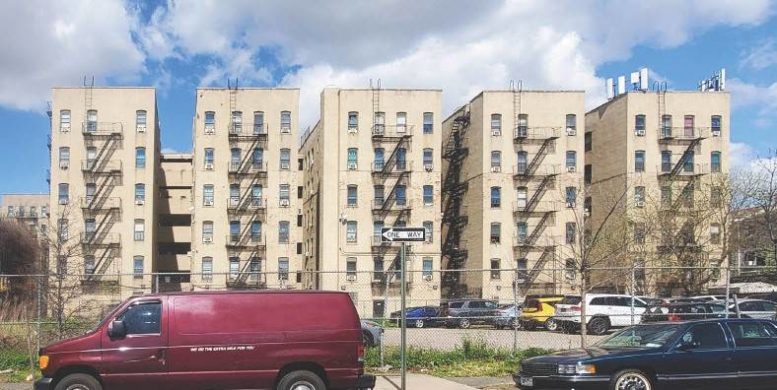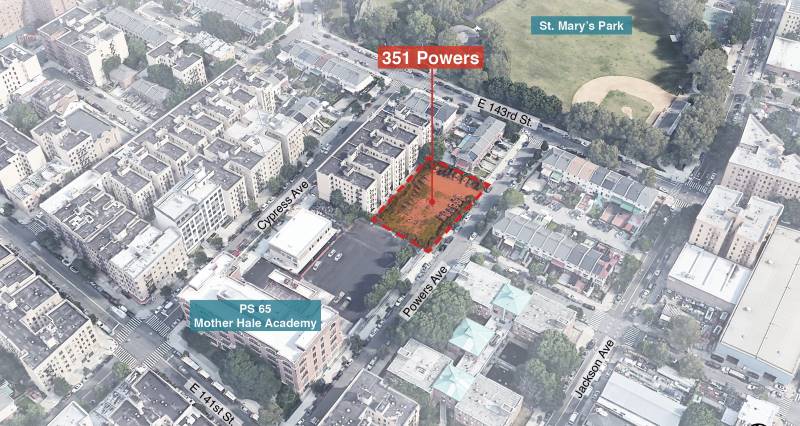
Comes One Year After Hurricane Ida Made Landfall in New York
Public Comment Period Now Open for Recovery Grants to Enhance Resiliency
Hearings To Be Held on September 8 and September 13
Governor Kathy Hochul today announced the release of the proposed Action Plan by the Governor's Office of Storm Recovery to recover from Hurricane Ida, which struck one year ago, and to strengthen the resiliency of communities in future storm events. The proposed plan includes $41.2 million in federal funding to support initiatives that will help residents adapt to the effects of climate change while prioritizing historically underserved communities.
"As New Yorkers continue to recover from the aftermath of Hurricane Ida, we remain fully committed to rebuilding our infrastructure, especially in our most vulnerable communities," Governor Hochul said. "Our Action Plan will prioritize funding for housing, businesses, and other key programs in the most impacted and distressed areas - helping ensure all New Yorkers are lifted up as we recover. As we deal with the effects of climate change, we will continue to do everything we can to help New Yorkers and their communities recover following extreme weather events."
The Governor also announced that the State will be collecting public input on a variety of proposed programs that will remediate Ida-related damage to residential homes, improve resiliency to reduce risk of future flood damage, and to focus on recovery in low- to moderate-income communities. New Yorkers are invited to provide feedback on the plan here by September 28, by attending the in-person public hearing on September 8 at 6:30pm at New Rochelle City Hall, or the virtual hearing on September 13 at 6:30pm (click here for virtual hearing info).
On September 1, 2021, Hurricane Ida flooded homes and roads, causing $7.5 billion in damages and killing 17 New Yorkers. FEMA identified flood damage to 11,000 homes. Earlier this spring, United States Department of Housing and Urban Development (HUD) announced an allocation of $3 billion in CDBG-DR funds to help communities equitably recover from disasters, including Hurricane Ida, and build resilience to climate change. GOSR was allocated $41.2 million to support today's proposed programs.
Following the public comment period that is open from now through September 28, GOSR may update the Action Plan based on feedback from the comments and hearings. Any updates will be available here. Informed by GOSR's grassroots, neighborhood-driven process that was used to plan projects following Superstorm Sandy, the agency will then work with local communities, elected officials, and stakeholders to formalize project plans and implement construction.
Governor's Office of Storm Recovery Executive Director Katie Brennan said, "Hurricane Ida was a stark reminder that the next weather emergency is not a matter of if, but when. Our Action Plan will help New Yorkers rebuild and take measures to keep themselves safe in the future."
The proposed Action Plan reflects months of outreach to local officials, community leaders, non-profits, public housing authorities, and other government agencies. GOSR determined that housing recovery represented the largest unmet need in the communities impacted by Ida. The agency then prepared a risk assessment to identify the greatest mitigation needs in the disaster area. Water and flooding were found to pose the most significant risk and therefore reducing flood impacts would have the greatest impact to security and resiliency.
The agency used the Social Vulnerability Index to measure vulnerability to the impacts of climate change and natural disasters. This research showed that the communities that sustained the most damage were those that could least afford to recover and had historically been underprioritized during disaster recovery in the past, such as individuals with limited English proficiency and low-to moderate-income residents.
As a result, GOSR will make grant funding available to a variety of long-term recovery and resiliency programs targeting renters, homeowners, and owners and operators of affordable housing with a focus on low- to moderate-income residents. Programs will be open to counties outside New York City with a presidential disaster declaration for individual assistance, including Dutchess, Nassau, Orange, Rockland, Suffolk, and Westchester Counties. New York City received its own allocation of Community Development Block Grant Disaster Recovery funding from HUD.
Proposed grant programs include:
Renters Resilient Housing
This program would encourage renters to relocate from storm-damaged homes while remaining in their existing communities by providing financial support for tenants to secure new safe and stable housing. It would also provide assistance to improve homes' resiliency to mitigate future flood risk.
Housing Recovery and Reimbursement
This program would invest in storm damage repairs to residential homes and/or reimbursement for completed repairs. It would also implement resiliency measures including elevating mechanicals, electrical and plumbing mitigation, flood vents, and backflow valves.
Affordable Housing Resiliency
This program would invest in flood mitigation measures and resiliency improvements in multi-family public and affordable housing complexes, as well as expanding affordable housing where feasible. Projects would include floodproofing buildings, emergency generators, water retention systems, and drainage improvements.
Resilient Investments
This program would invest in local governments to better leverage additional funding opportunities for mitigation and infrastructure resiliency improvements. It would also support the creation of emergency plans and studies to help communities be better equipped to withstand future events.
About the Governor's Office of Storm Recovery
Established in June 2013, GOSR coordinates statewide recovery efforts for Superstorm Sandy, Hurricane Irene, and Tropical Storm Lee. GOSR is more recently also coordinating recovery and resiliency efforts for Hurricane Ida.
Through Housing Recovery, Small Business, Community Reconstruction, Infrastructure, National Disaster Resilience, and Rebuild by Design programs, GOSR invests $4.5 billion in federal Community Development Block Grant-Disaster Recovery funding to better prepare New York for extreme weather events. GOSR is also leveraging Community Development Block Grant-Coronavirus (CDBG-CV) funds to implement resiliency initiatives including its Mount Vernon Healthy Homes pilot program to repair homes impacted by the city's sewer crisis. More information about GOSR and its programs is available at http://stormrecovery.ny.gov/.





















